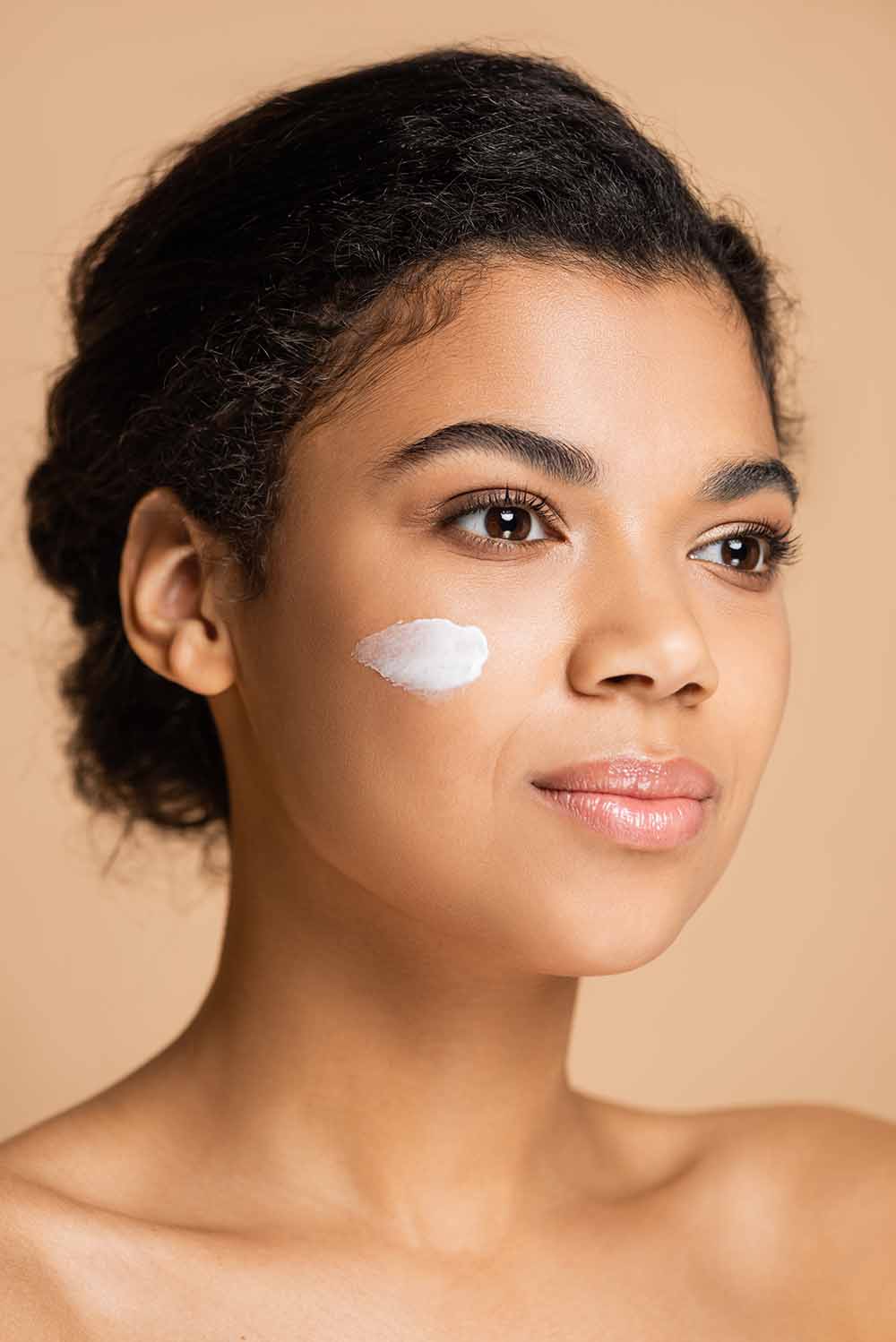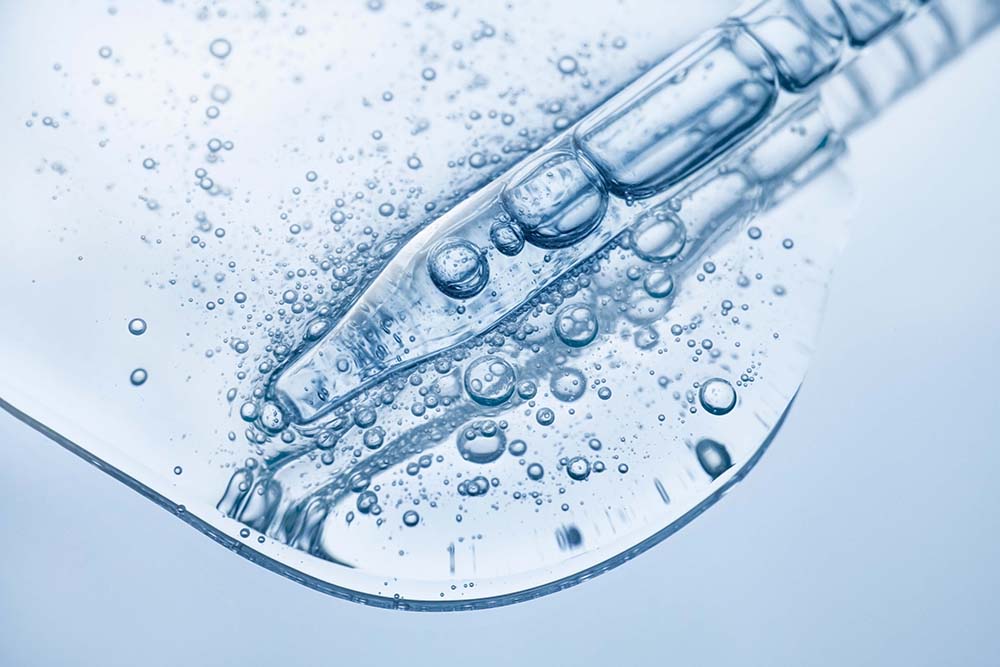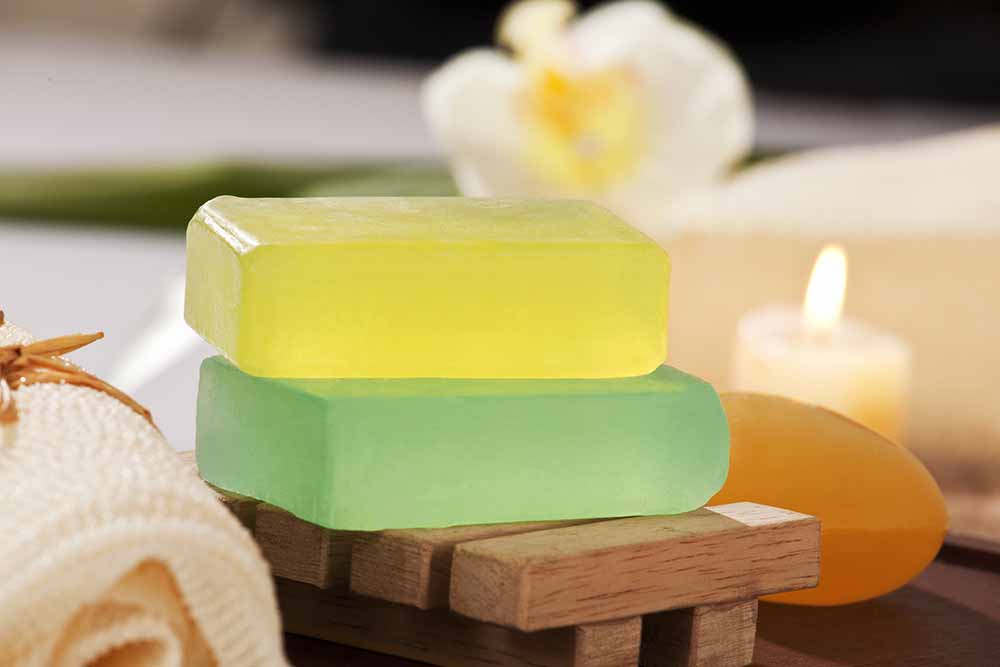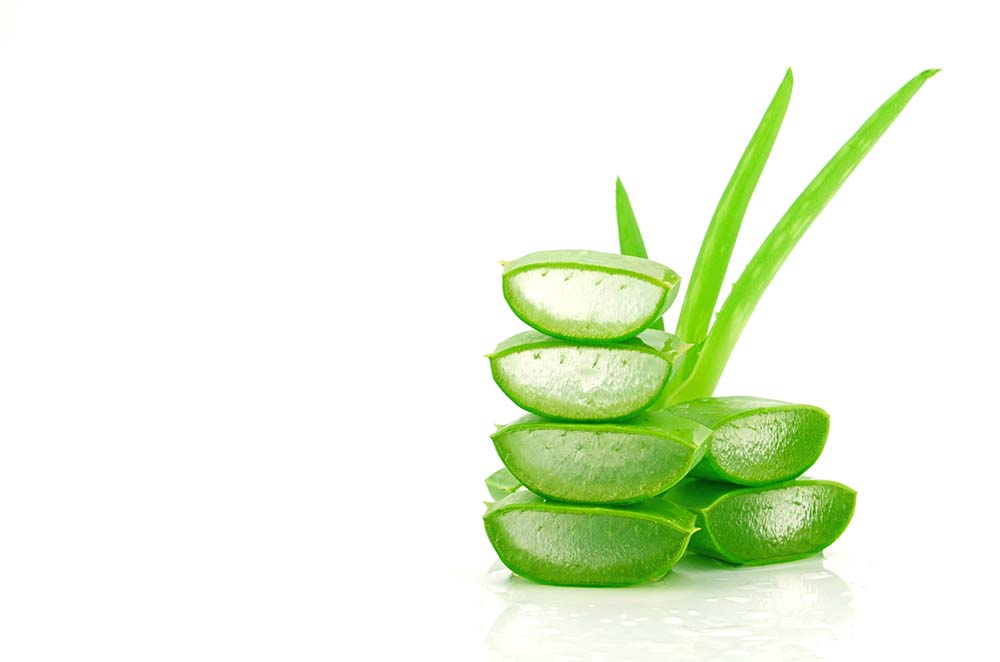Dealing with dry skin can be a real challenge. It often feels like a constant battle against dullness, itchiness, flakiness, and sensitivity. The good news is that the solution to your dry skin dilemma is simple - a good moisturiser. It may be the unsung hero of your skincare routine (think back to your mom's trusted cold cream), but not all moisturisers are created equal. Some of them are just not up to the task of quenching particularly dry skin. So, how do you find the perfect dry skin moisturiser? That's where we come in.
Let's dive into the pool of hydrating moisturisers specially designed to cater to the needs of dry skin, exploring the key ingredients you should be on the lookout for and their role in your skin’s health. Whether you're battling seasonal dryness or your skin is just naturally on the drier side, read on to discover how you can keep your skin nourished, hydrated, and healthy.
Understanding Dry Skin
Before we dive into the world of moisturisers, it's essential to understand what causes dry skin. Dry skin, also known as xerosis, can be attributed to a variety of factors, including:
- Environmental Conditions: Dry and cold climates, low humidity, and excessive exposure to wind and sun can strip the skin of its natural moisture, leading to dryness.
- Age: As we age, our skin tends to produce less oil, making it more prone to dryness.
- Harsh Soaps And Cleansers: Using harsh soaps or cleansers can disrupt the skin's natural lipid barrier, leading to moisture loss.
- Hot Showers: Prolonged exposure to hot water can deplete the skin's natural oils, leaving it dry.
- Medical Conditions: Certain medical conditions, such as eczema, psoriasis, and thyroid disorders, can contribute to dry skin.
Now that we have a better understanding of what causes dry skin, let's explore how to properly moisturise to combat these issues effectively.
Benefits Of Using A Face Moisturiser For Dry Skin

- Rejuvenates Skin: Dry skin is more prone to emphasise fine lines on matured skin. Moisturisers work to plump up the skin and enhance its elasticity, reducing these signs and giving your skin a more youthful, radiant appearance.

- Repairs The Skin Barrier: A compromised skin barrier can lead to various skin concerns like redness, irritation, inflammation, and sensitivity. Moisturisers can help restore the skin's protective function, essential for shielding it from external stressors like pollution and UV radiation.
- Improves Skin Health: Dry skin can often appear dull and lacklustre, with an uneven texture and tone. Moisturisers provide essential nutrients and antioxidants to the skin, improving its overall texture and tone.
- Prevents Dehydration: Dry skin can result in dehydration and flakiness, which can lead to other skin problems like eczema and psoriasis. Moisturisers prevent the skin from becoming dehydrated and flaky, keeping it healthy and well-hydrated.
5 Key Ingredients To Look For In Your Moisturiser


- Glycerin: Another humectant, it helps draw moisture into the skin, preventing moisture loss and improving skin hydration.


- Shea Butter: A rich and nourishing ingredient high in fatty acids and vitamins, it improves skin elasticity, reduces dryness, and provides long-lasting hydration.
How To Choose The Best Moisturiser For Dry Skin?
Selecting the ideal moisturiser for dry skin may seem like a straightforward task, but there are some key factors to consider:
- Look for a moisturiser that combines humectants, emollients, and occlusives to provide thorough hydration.
- Consider the texture of the of the moisturiser. Thicker creams are generally more hydrating, while lighter lotions suit oily skin better.
- Opt for fragrance-free products and those without irritants to avoid worsening dryness and irritation, especially if you have sensitive skin.
- Seek ingredients known to benefit dry skin, such as ceramides, hyaluronic acid, and glycerin.
- Additionally, consider any specific skin concerns you may have, like sensitivity or acne-prone skin, and choose a moisturiser formulated to address these issues.
FAQs
Q: How often should I apply a moisturiser for dry skin?
A: You should use your moisturiser twice a day, in your morning and evening skincare routines, preferably after cleansing and toning. If your skin is very dry, you may need to apply it more often throughout the day.
Q: What ingredients should I look for in a moisturiser for dry skin?
A: Look for ingredients like ceramides, hyaluronic acid, glycerin, and shea butter. These ingredients hydrate, soothe, and repair the skin's barrier function.
Q: Should I use a thick or thin moisturiser for dry skin?
A: It depends on your skin's needs. If you have very dry skin, a thick, creamy moisturiser may be more beneficial as it can provide deeper hydration. If you have oily or combination skin, opt for a lighter moisturiser as it may be more suitable.